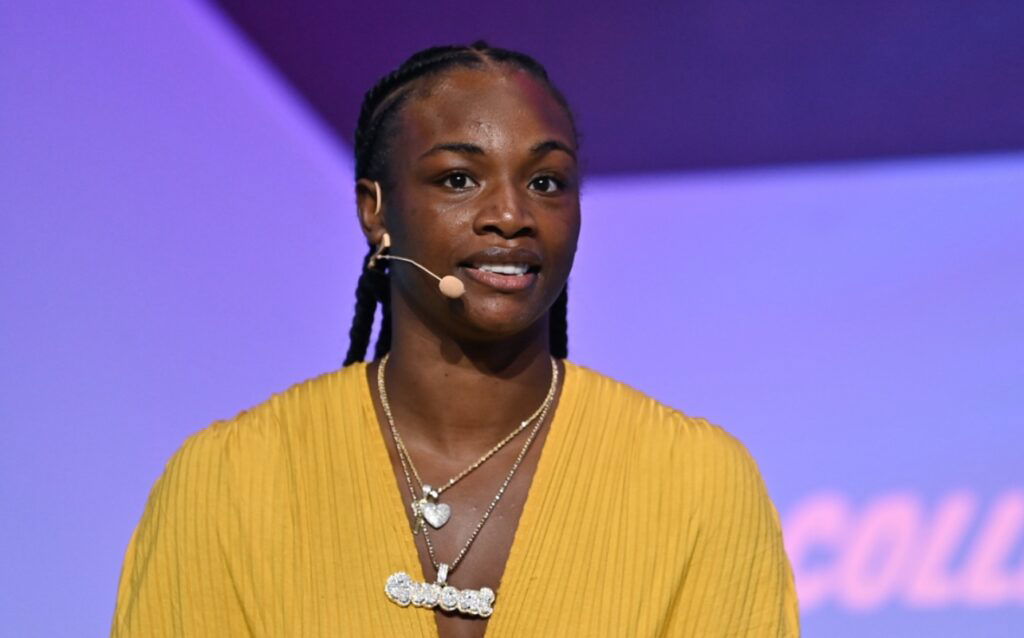GCSE grades are important and it's not practical to suggest otherwise to children.
It's crucial as educators not to deceive students about our system.

As a teacher, I have always supported the idea that failure is a natural part of life. This message has become increasingly important in recent years, as we see a decline in children's mental health and a lack of support for young people in our struggling healthcare system. However, a part of me wonders if we are doing a disservice to young people by constantly pushing the idea that exam results are not important.
It has become a tradition on results day for successful individuals to share their stories of how they failed their exams many years ago. The underlying message is that failing exams does not mean the end of the world. While this advice is well-intentioned, as a teacher, I can't help but feel that it may be giving young people an overly optimistic view of the real world.
We often hear from celebrities like Jeremy Clarkson, who proudly shares his C and 2 U's in A-levels as he boasts about his successful career as a brewery owner. Similarly, The Chase's Shaun Wallace reminds us that he too failed his exams and still managed to achieve success. While these stories are meant to inspire and reassure, they often gloss over the privilege and connections that may have helped these individuals on their path to success.
In today's society, where economic conditions are worsening and the gap between the rich and poor continues to grow, can we honestly say that all young people have the same opportunities for success outside of traditional education? In a highly competitive job market, academic success is often seen as the most reliable indicator of potential. And let's not forget, better colleges, universities, and graduate schemes often have strict grade requirements.
While it's common to hear stories of successful individuals who dropped out of school or barely scraped by, we must acknowledge the privilege and connections that may have played a role in their success. It's not often that we hear from state school students who have family friends in high places to help them secure internships or work experience. And for many, their parents may not have the knowledge or resources to guide them towards alternative paths to success.
While excellent exam results can open doors and help overcome barriers, we must also recognize that not all young people have the same opportunities. It's important to celebrate the small victories, like passing with a C or D, or achieving a grade despite facing significant challenges. But at the same time, we must not ignore the systemic inequalities that hinder the success of many young people.
Rather than focusing on past stories of how individuals managed to succeed despite their poor grades, we should be looking towards the future. How can we improve access to apprenticeships? How can we ensure that grade requirements take into account the impact of poverty? How can we provide every child with a high-quality education?
It's time to move away from the nostalgia and romanticization of the past and focus on creating a fair and equal society for all young people. This is not to say that we should discourage young people from striving for academic success, but we must also acknowledge that success can look different for everyone. Let's not sell young people a false image of a meritocratic utopia, but instead, work towards creating a more equal and inclusive future.










